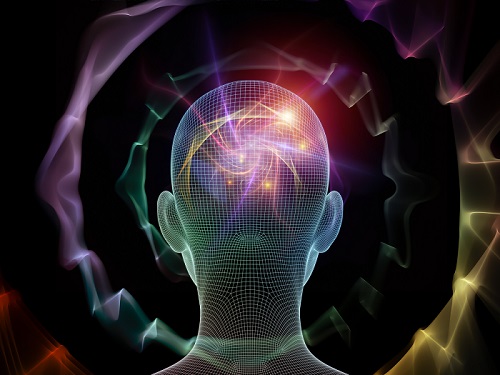Despite significant advances in neuroscience, consciousness remains a vexing mystery. Because the qualities of experience seem to be irreducible to physical parameters,1 a hypothesis that has been garnering attention is that consciousness is fundamental and spatially unbound, the brain corresponding to a dissociation or localization of its contents.2At first sight, simple observation seems to contradict this hypothesis: as pointed out by neuroscientist Sam Harris, if a normally functioning brain corresponds to a limitation of cognition,
…one would expect most forms of brain damage to unmask extraordinary scientific, artistic, and spiritual insights.… A few hammer blows or a well-placed bullet should render a person of even the shallowest intellect a spiritual genius. Is this the world we are living in?
Harris’s rhetorical question alludes to the indisputable fact that most forms of brain function impairment correlate with cognitive deficit. However, a more interesting question is perhaps this: Do some forms of impairment correlate with an enrichment of consciousness or cognitive skill? After all, even if only one black swan can be conclusively discerned in a herd of white swans, our theories about the origin and nature of swans must be able to make sense of those black individuals. Read full article




